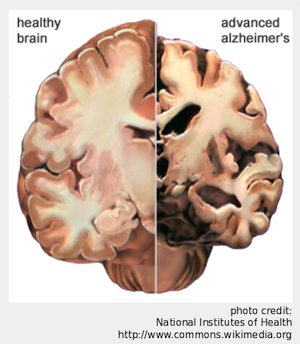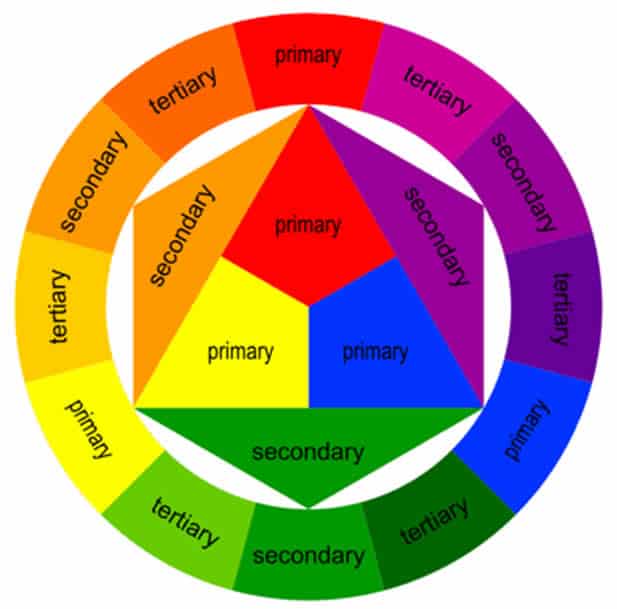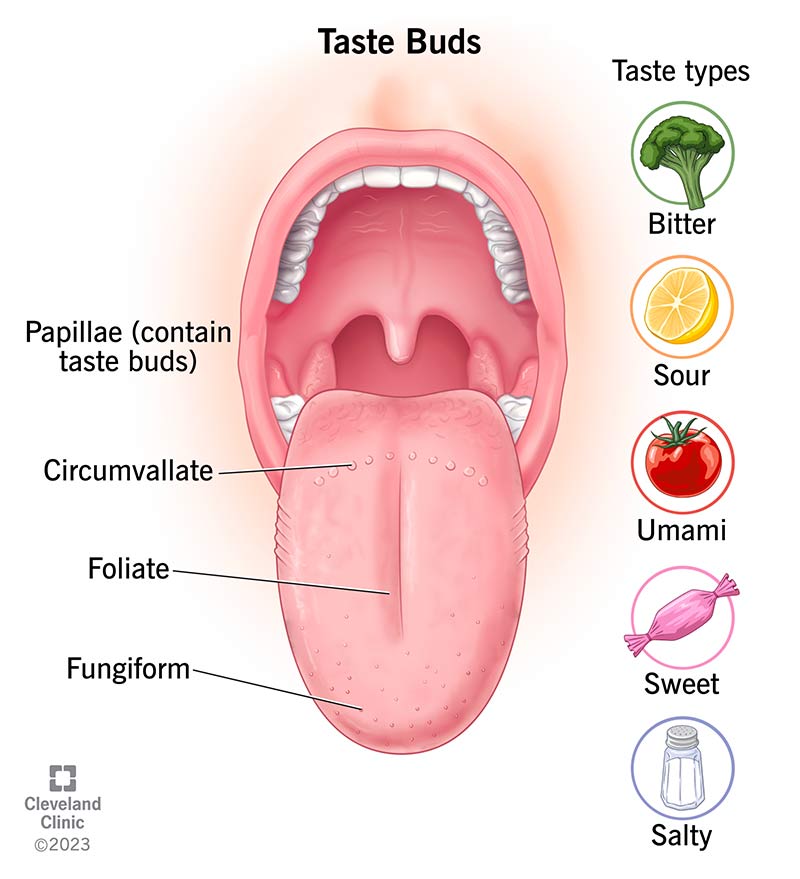Alzheimer's Disease
Alzheimer's Disease

Alzheimer’s disease is the most common cause of dementia in older adults. At early stages of Alzheimer’s disease, before symptoms are present, accumulation of abnormal protein deposits (called amyloid plaques) and tangles of fibers (called neurofibrillary tangles) cause nerve cells in the brain to work less efficiently. Over time, affected nerve cells become damaged, completely lose their function, and die. The regions of the brain that they access begin to shrink.
The protein deposits and tangles that characterize Alzheimer’s disease tend to begin in areas of the brain important for learning and memory. Although the rate of progression varies from person to person, damage spreads in a predictable pattern to other regions of the brain, eventually affecting many cognitive, behavioral, and vital body functions.
At this time, there is no cure for Alzheimer's disease. However, scientists are researching ways in which nutrients influence Alzheimer’s disease prevention and treatment. See below for specific information about nutrients and dietary factors relevant to Alzheimer's disease.























